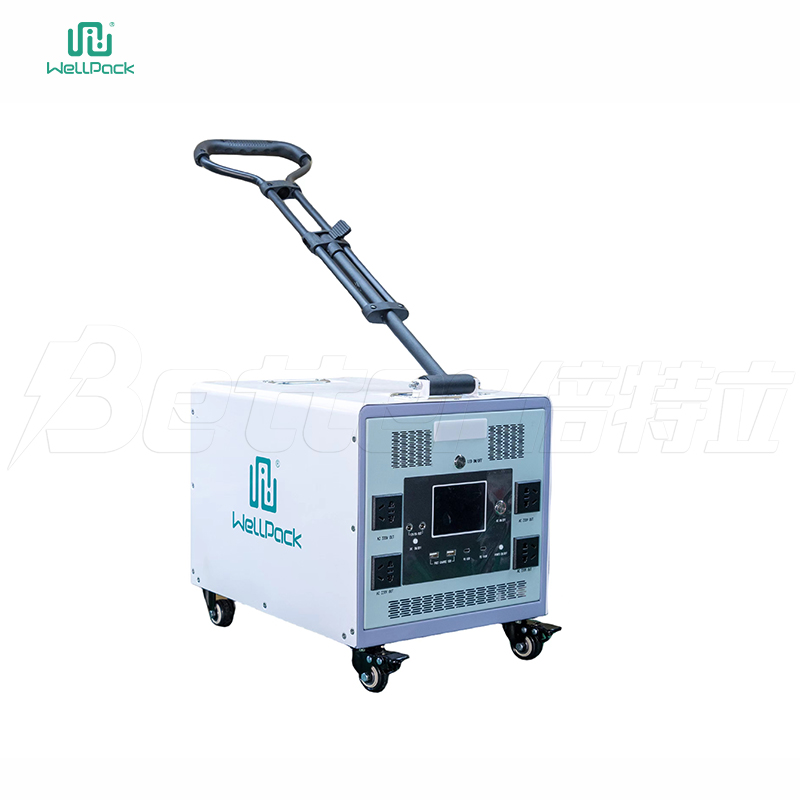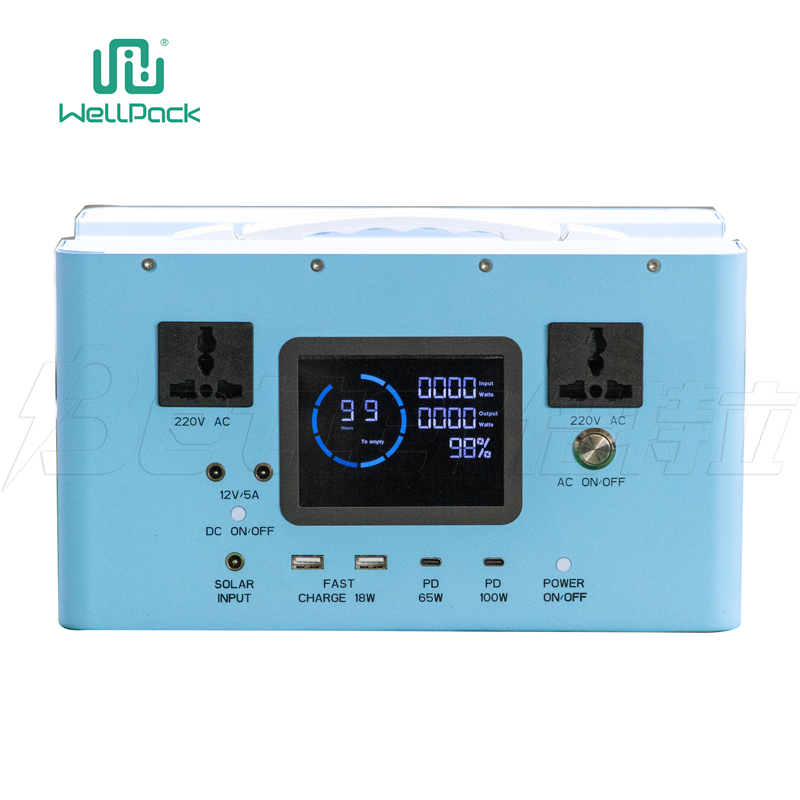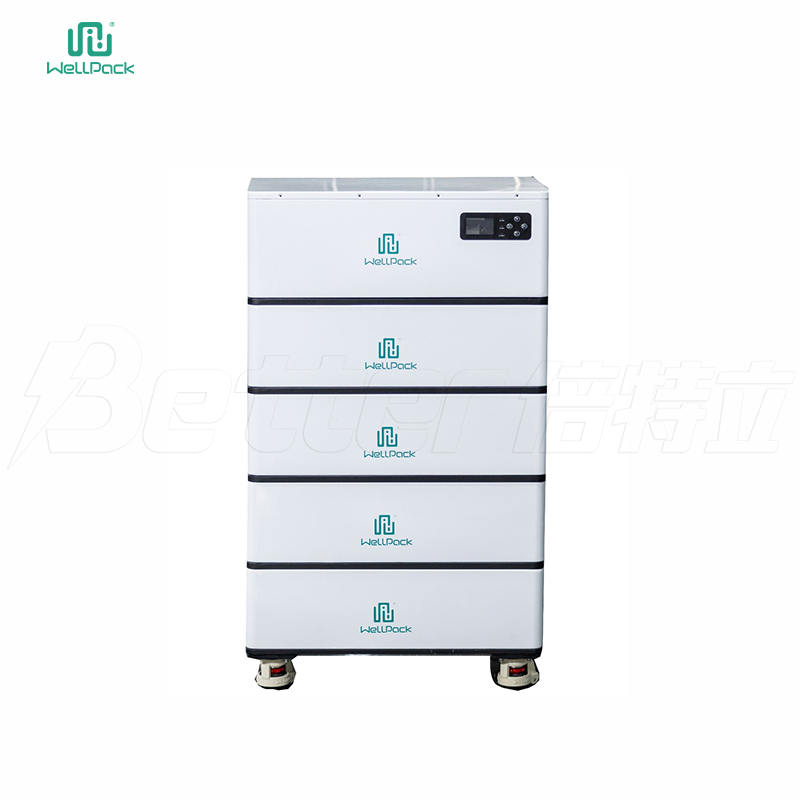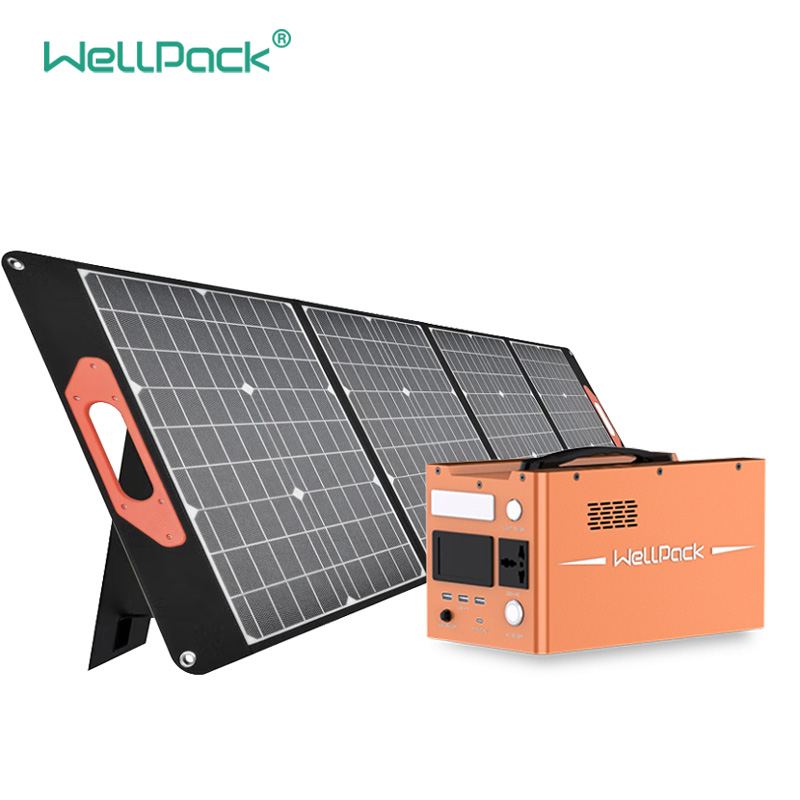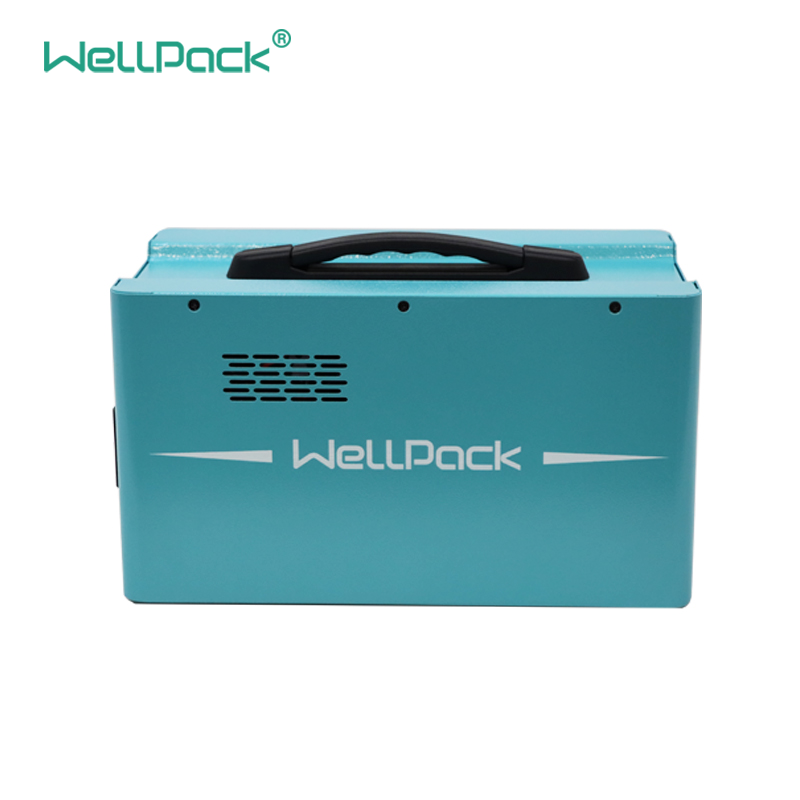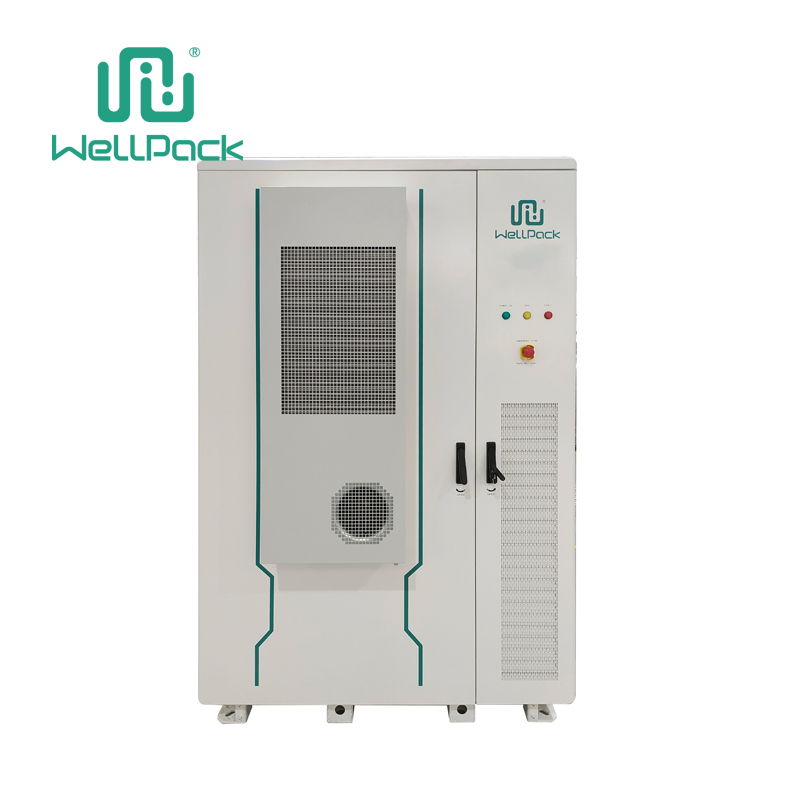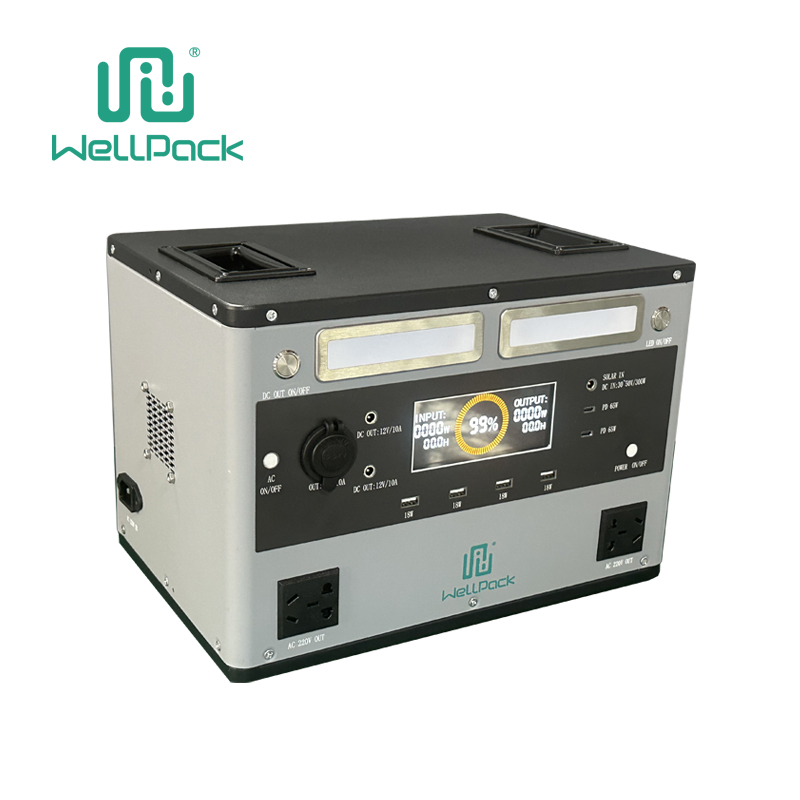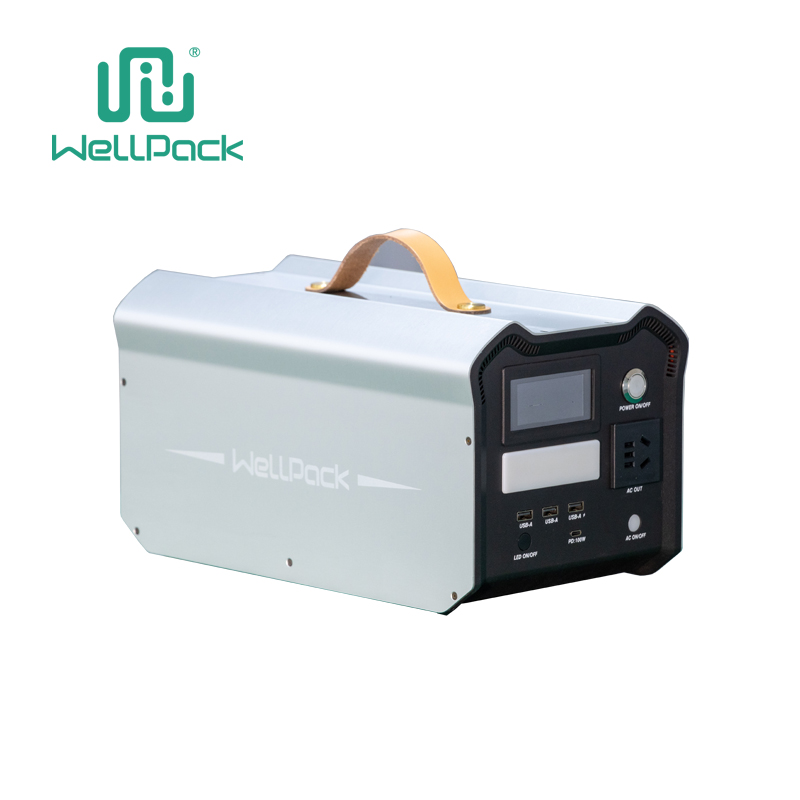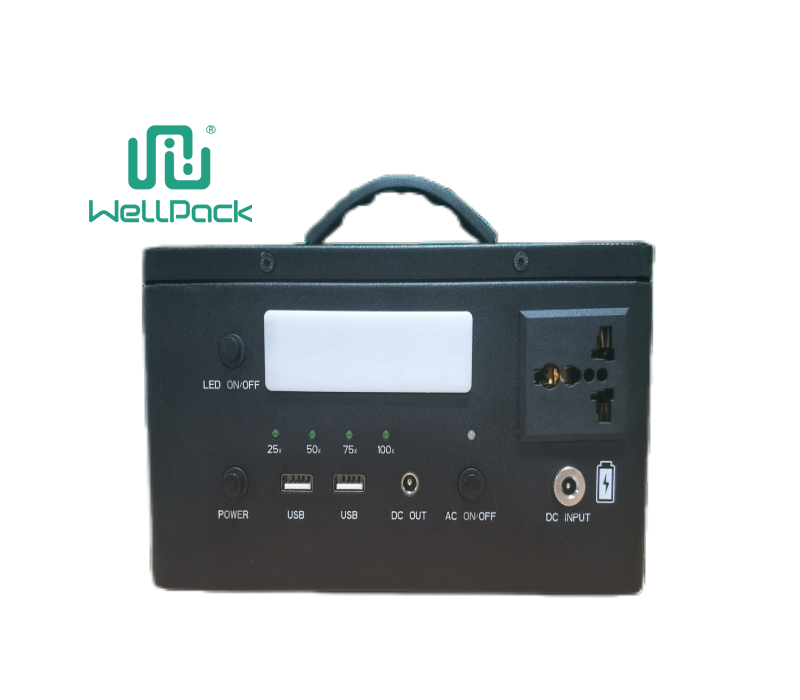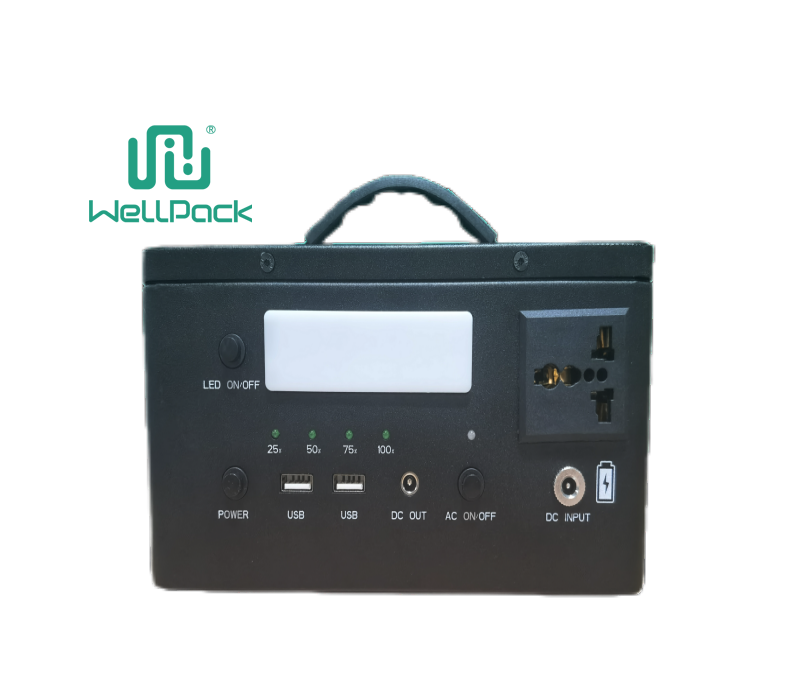If you want to use solar or other renewable energy sources at home, you may need a home energy storage device, which can help you store excess electricity, provide backup power during blackouts, lower your electricity bills, and even participate in grid services. But with so many different types of home energy storage devices on the market, how do you choose the best one for your needs? In this article, we will introduce some important factors to consider when choosing a home energy storage device, and why WELLPACK is a leading brand that offers high-quality and cost-effective solutions.
What is a home energy storage device?
A home energy storage device is a device that can store electricity generated by your solar panels or other sources, and use it when you need it. It usually consists of a battery, an inverter, and a controller. The battery is the main component that stores the electricity in the form of direct current (DC). The inverter is the device that converts DC to alternating current (AC), which is what the grid and most household appliances use. The controller is the device that manages the charging and discharging of the battery, and communicates with the solar system, the grid, and the load.
What are the benefits of home energy storage devices?
Home energy storage devices can provide various benefits, such as:
Increasing self-consumption of solar power: By storing excess solar power during the day and using it at night or during peak hours, you can increase your self-consumption rate and reduce your reliance on the grid. This way, you can make full use of your solar power and avoid wasting it or selling it back to the grid at a low price.
Providing backup power during grid outages: By having a home energy storage device, you can have a reliable source of backup power in case of grid outages or emergencies. You can also switch to off-grid mode and operate independently from the grid if you want to.
Reducing electricity bills: By using your stored solar power when electricity prices are high or when there are peak demand charges, you can reduce your electricity bills and save money. You can also take advantage of time-of-use rates or net metering programs if they are available in your area.
Enhancing grid stability and reliability: By having a home energy storage device, you can also contribute to enhancing grid stability and reliability by providing grid services such as frequency regulation, voltage support, demand response, etc. You can also participate in virtual power plant or community energy projects if they are available in your area.
How to choose the best home energy storage device for your needs?
When choosing a home energy storage device, you should consider several factors, such as:
Capacity: This is the amount of electricity that the battery can store and deliver. It is measured in kilowatt-hours (kWh). The higher the capacity, the more electricity you can store and use. However, higher capacity also means higher cost and larger size. You should choose a capacity that matches your electricity consumption and budget.
Power: This is the amount of electricity that the battery can deliver at any given time. It is measured in kilowatts (kW). The higher the power, the more appliances you can run simultaneously. However, higher power also means higher cost and faster discharge. You should choose a power that matches your peak demand and backup needs.
Efficiency: This is the ratio of output energy to input energy. It is measured in percentage. The higher the efficiency, the less energy loss during charging and discharging. However, higher efficiency also means higher cost and lower temperature tolerance. You should choose an efficiency that balances performance and cost.
Durability: This is the ability of the battery to withstand repeated cycles of charging and discharging. It is measured in cycle life. The higher the cycle life, the longer the battery will last. However, higher cycle life also means higher cost and lower capacity degradation. You should choose a cycle life that meets your expected usage and warranty period.
Compatibility: This is the ability of the battery to work with your existing solar system, grid connection, and load requirements. You should choose a battery that is compatible with your inverter type, voltage level, communication protocol, etc.
Conclusion
Home energy storage devices are beneficial for solar users because they can help them increase their self-consumption of solar power, provide backup power during grid outages, reduce their electricity bills, and enhance grid stability and reliability.

